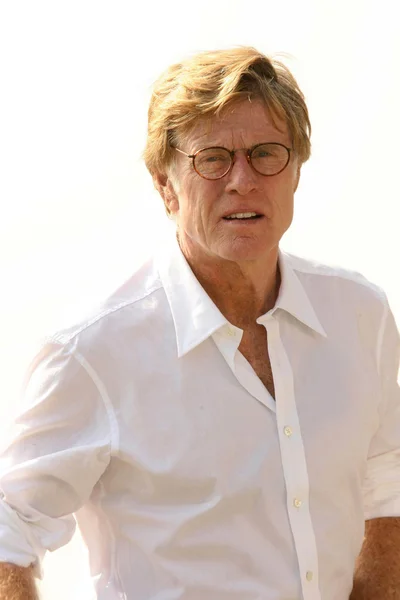
The passing of Robert Redford at age 89 left Hollywood and the global film community awed by a career and a life unlike any other, as much about vision and values as it was about iconic performances. Redford passed away in his Utah mountainside home, “the place he loved, surrounded by those he loved,” longtime publicist Cindi Berger said. Praise has been pouring in from across the industry, with Marlee Matlin summarizing sentiment among so many: “Our film, CODA, became everyone’s radar because of Sundance. And Sundance was due to Robert Redford. A mastermind passed away. RIP Robert.”
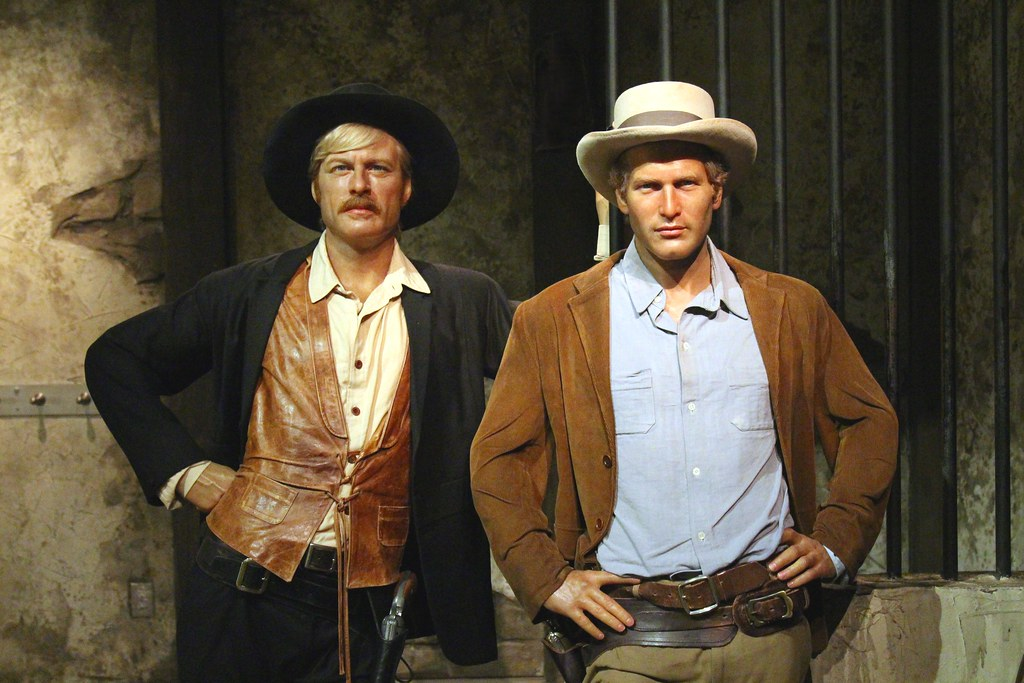
1. The Actor Who Defined an Era
As soon as he had signed to play the Sundance Kid in 1969’s Butch Cassidy and the Sundance Kid, Redford cemented his status as a representative figure of American cinema. His on-screen collaboration with Paul Newman as outlaws in Butch Cassidy, then as suave con men in The Sting set the standard for buddy pictures. Romantic epics like The Way We Were with Barbra Streisand and historical epics like Out of Africa with Meryl Streep proved him to be a versatile director, while political thrillers like All the President’s Men proved him to have a penchant for socially relevant films. Stephen King called him “part of a new and exciting Hollywood in the ’70s and ’80s,” when Redford was the top film star in America for three years running.
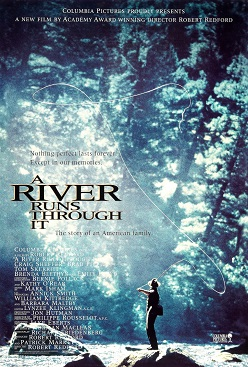
2. From Box Office Leader to Respected Film Director
Redford made his directorial debut in 1980 with Ordinary People, a gritty exploration of grief and family dynamics that took four Oscars, including Best Director. It was a debut performer’s fantasy to accomplish, and it marked the beginning of a second career as a behind-the-scenes director. He eventually became director of award-winning films like A River Runs Through It and Quiz Show, demonstrating that he had more in store than acting. Juliette Binoche credited his work as a source of inspiration for her own ambitions as a filmmaker, stating, “Artists have to inspire other people’s lives and potentials.”
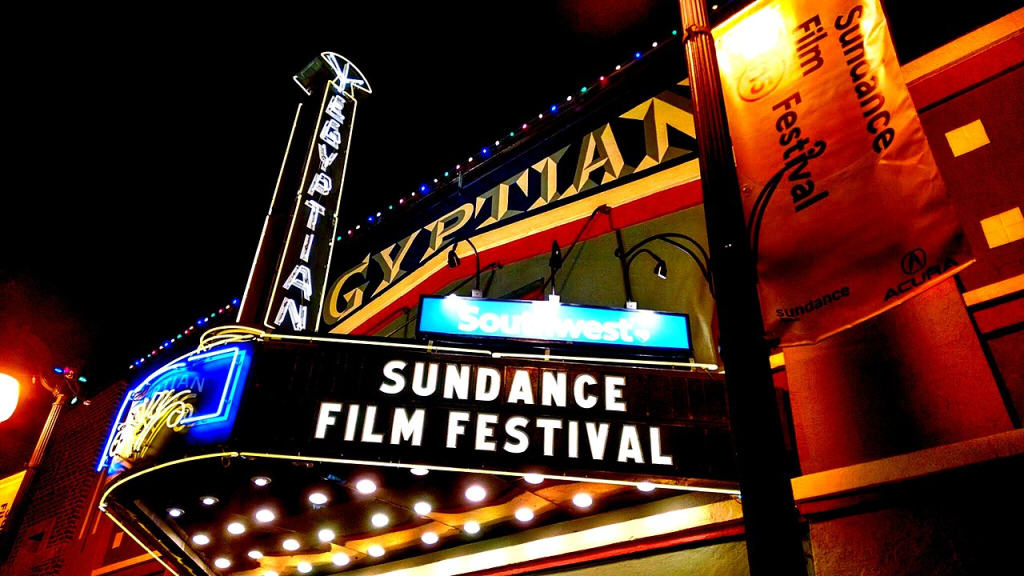
3. The Sundance Birth and New Film Movement
Redford’s founding of the Sundance Institute in 1981 was the turning point for independent film. What began as a modest lab for ten rising filmmakers evolved into the Sundance Film Festival, launching the careers of Quentin Tarantino, Ava DuVernay, Steven Soderbergh, Ryan Coogler, and countless others. As Ava DuVernay has remarked, “You gave us a sun around which to orbit.” Films like Reservoir Dogs, Little Miss Sunshine, and CODA might never have reached audiences without Sundance’s marketplace and mentorship programs.
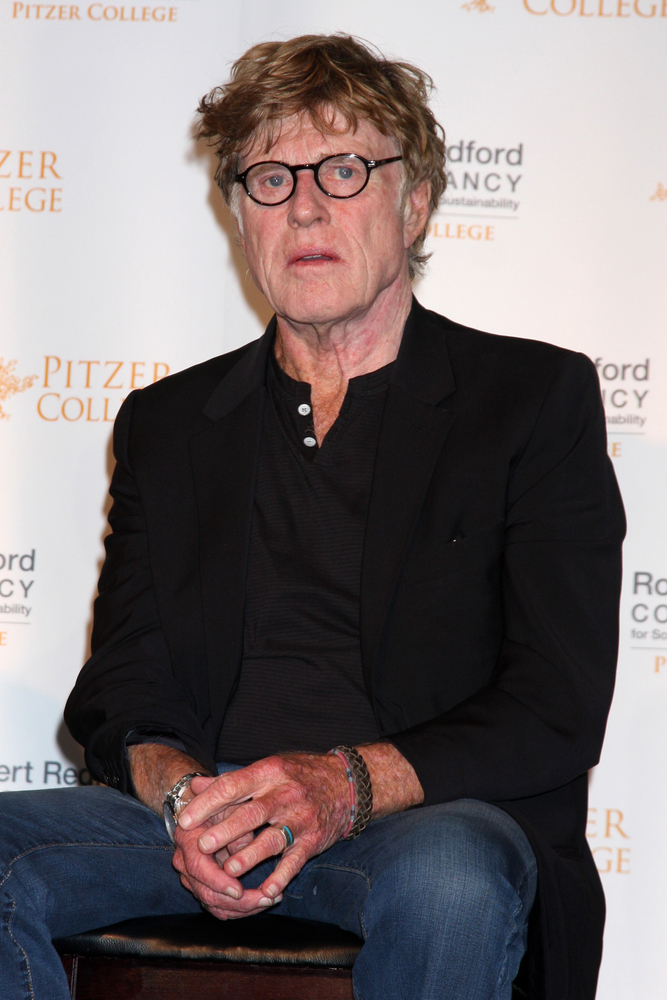
4. A Reluctant Celebrity Who Guarded the Craft
Faced with the festival’s growing celebrity draw, Redford insisted on protecting its integrity. “I want the ambush marketers the vodka brands and the gift-bag people and the Paris Hiltons to go away forever,” he said in a 2012 interview with a reporter. His vision grounded Sundance in its purpose: to bridge films to audiences and safeguard artistic freedom. Though his health kept him out of public view, his video address remained to open the festival annually, reaffirming his presence as its guiding spirit.
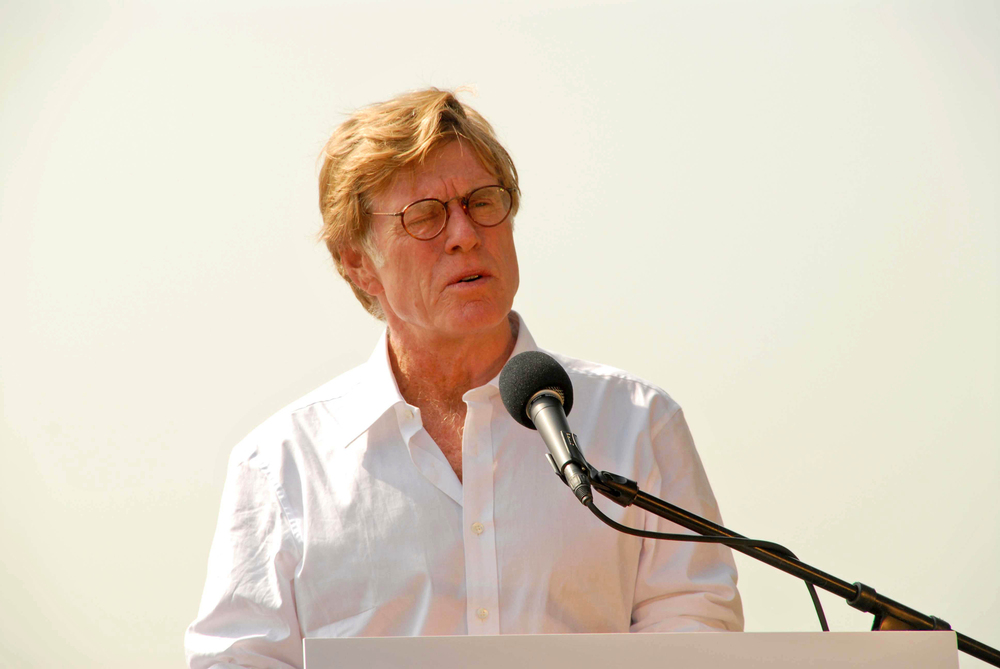
5. Environmentalism as a Career for Life
Redford’s activism was of the same duration as his acting career. For over 50 years, he served on the board of the Natural Resources Defense Council, fought to protect Bears Ears National Monument, and lobbied against environmentally devastating projects like the Pebble Mine in Alaska. Ahead of the Paris Climate Summit, he warned, “This may be our last chance.” So let’s invest in the world’s most valuable commodity: our children’s future. His environmental efforts were rewarded in 2016 with a Presidential Medal of Freedom and cemented his place as a cultural icon who would not back down from what he believed in.
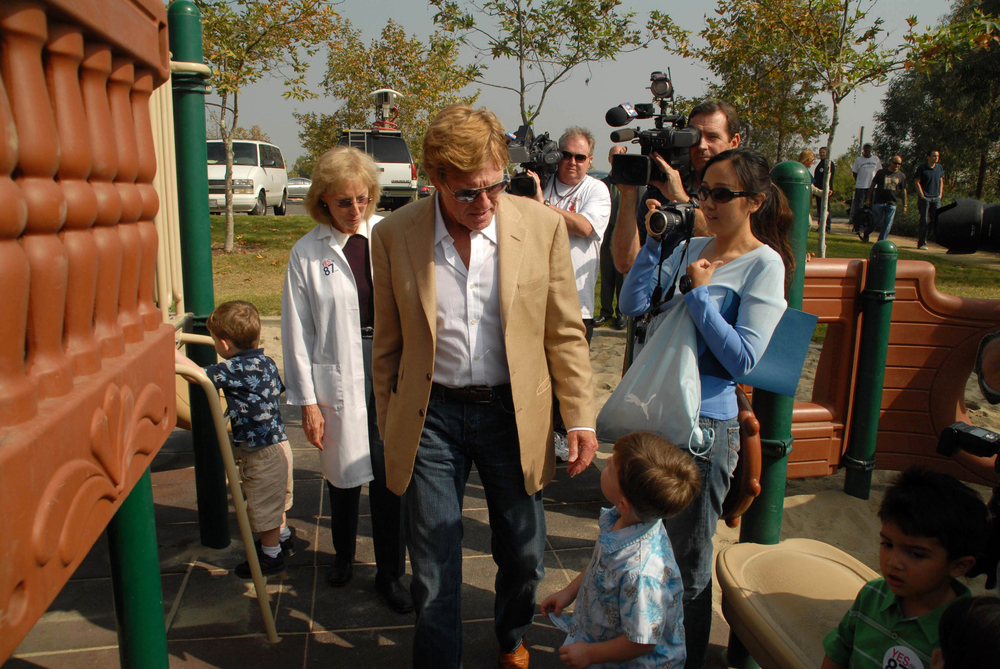
6. Political Activism Without Partisanship
Although he avoided party hard-line, Redford promoted progressive causes civil rights, social justice, and environmental protection. He never hesitated to condemn leadership on both sides of the line, warning in a 2019 op-ed that “leaders on both sides lack the fundamental courage to cross political aisles on behalf of what is good for the American people.” His politics were like his work: thoughtful, moral, and reluctant to dodge challenge.
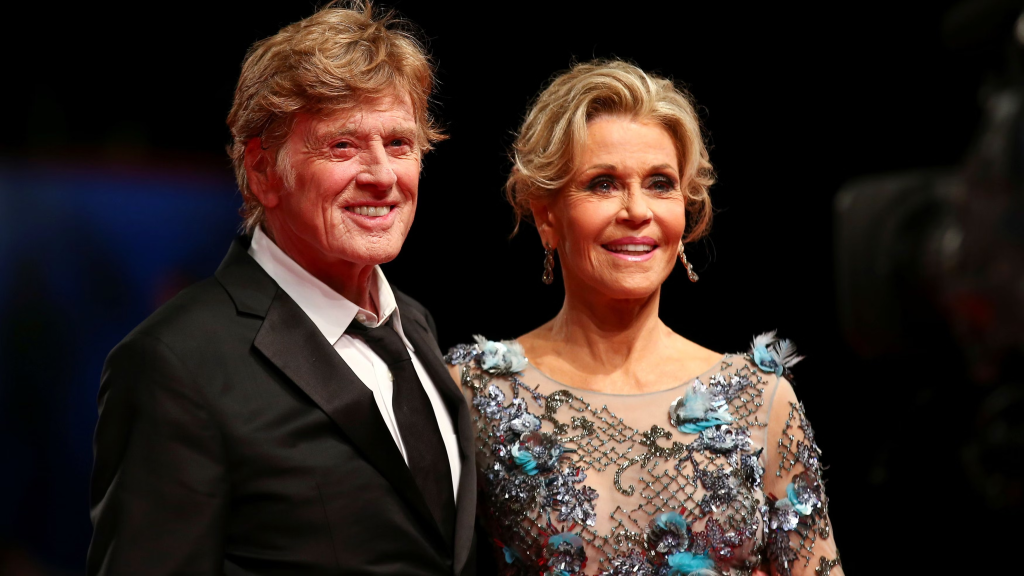
7. Personal Relationships and Lasting Friendships
Redford’s on-screen presence often became lifelong friendship. Jane Fonda, his co-star in five films, admitted, “I can’t stop crying. He meant a lot to me and was a beautiful person in every way.” His friendship with Paul Newman, forged through sharp repartee and mutual respect, was Tinseltown’s most popular union. Barbra Streisand remembered him as “charismatic, intelligent, intense” and “one of the finest actors ever.”
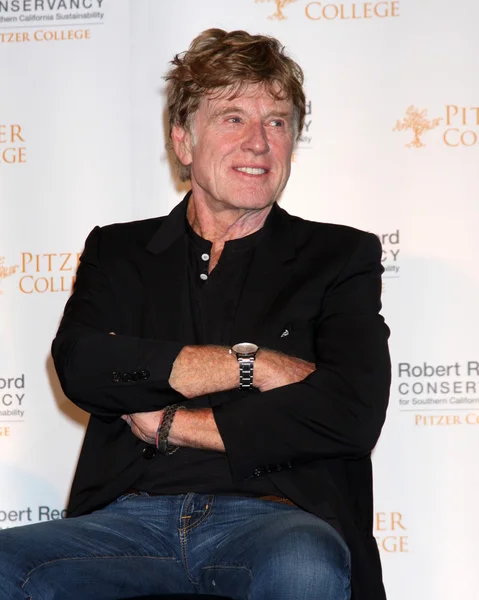
8. A Legacy That Endures
Redford’s legacy will continue to live on through the institutions that he created and the relatives who are now helping to run them. His daughters Shauna and Amy, along with his grandchildren, are involved with the Sundance Institute and the Redford Center, ensuring his love of art and nature endures. As described by Ron Howard, he was an “artistic gamechanger” whose film work “supercharged America’s Independent Film movement.”
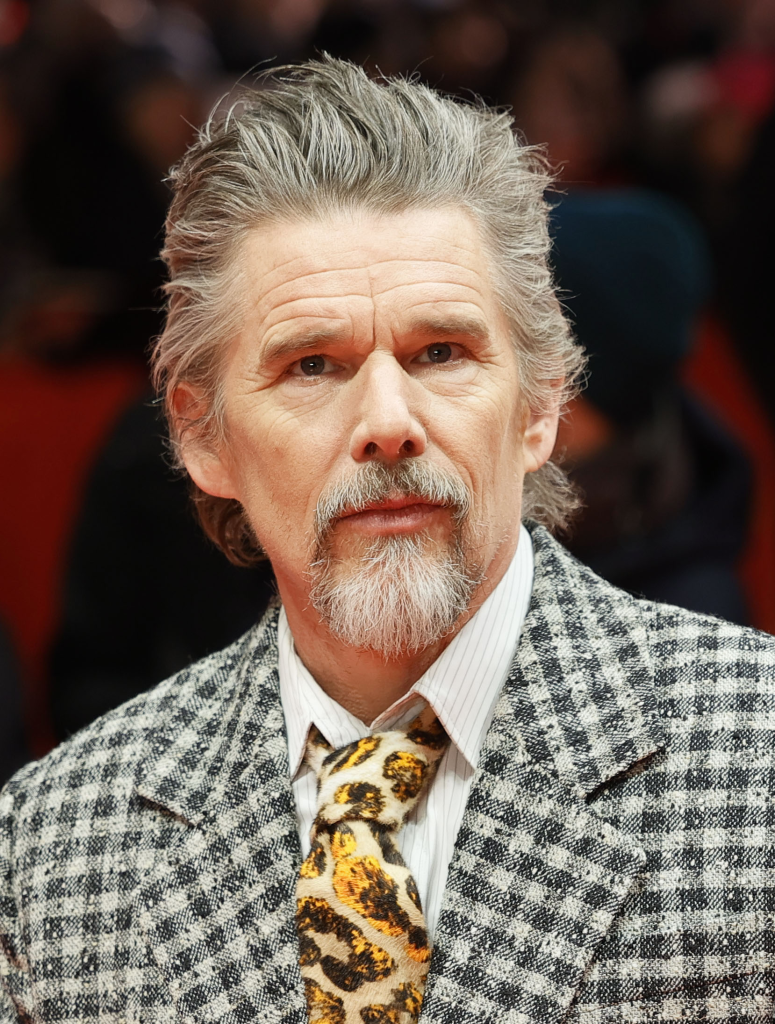
Robert Redford’s existence was a rare blend of art, activism, and sincerity. His films distilled the American experience in its fullest complexities, his festival remapped the film world, and his activism gave voice to causes that needed to be heard. As Ethan Hawke described him, he was “our ultimate champion of independent film, relentless advocate for authentic storytelling and fiercely passionate environmentalist.”


